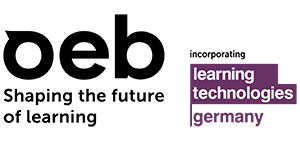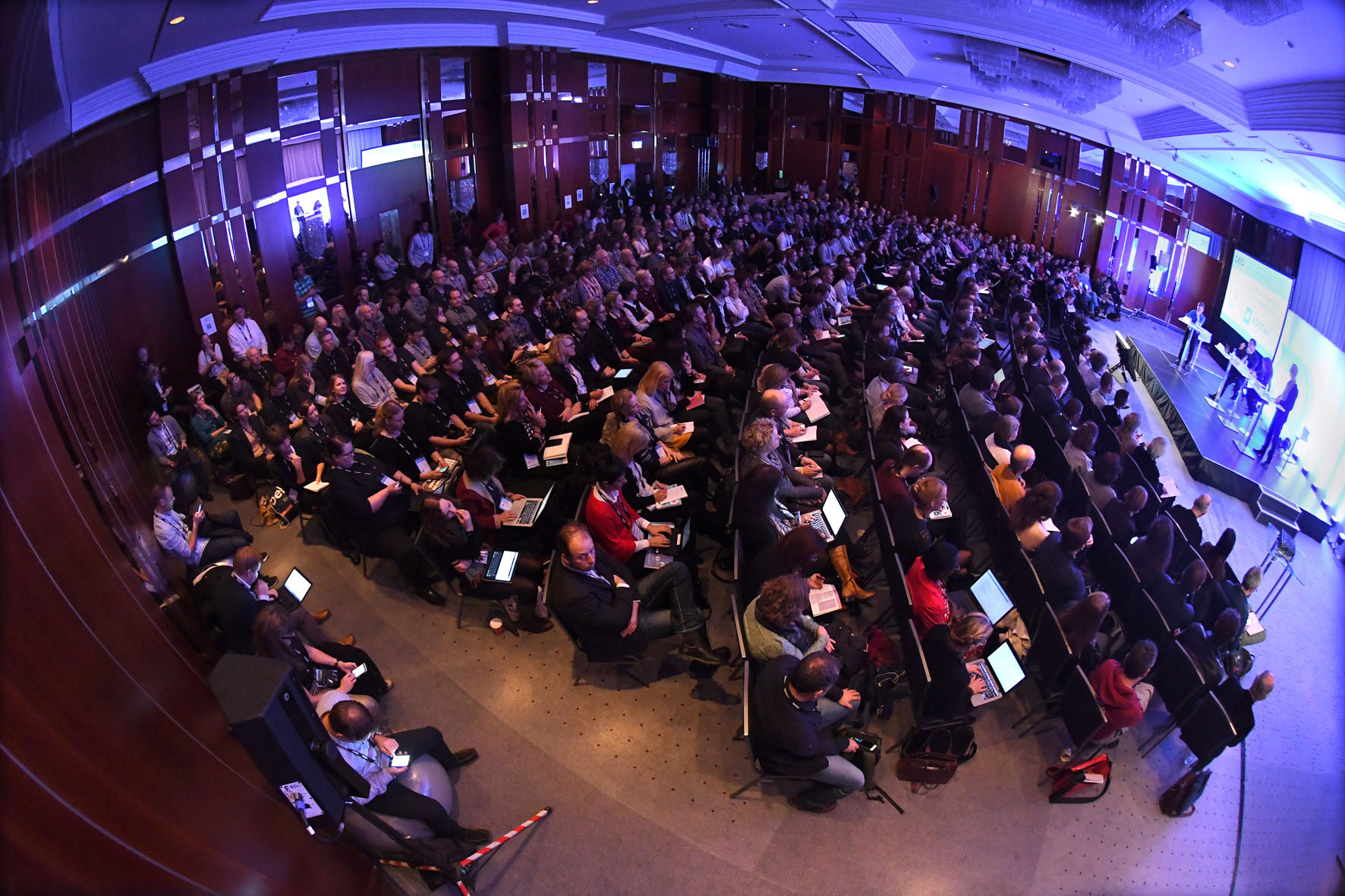
OEB GLOBAL: Experts to debate the effect of social media on student brains
As concern grows about the effects of social media and the Internet on young people, a panel of experts will discuss whether education institutions should do more to try to persuade students to get offline and get out more.
The experts, who include the world’s first professor of networking, Julia Hobsbawm, will be taking part in the annual debate at OEB Global in Berlin on 7 December. The motion for debate is: “As the Internet and social media are profoundly affecting both thinking and learning in ways that are not always beneficial, education institutions should take steps to encourage students to reduce their reliance on them.”
Although both the Internet and social media have had a beneficial impact on education in many areas, increasing access to information, knowledge and opportunity, there are serious concerns about their psychological impact. Britain’s Royal Society for Public Health (RSPH) recently published a report, ‘State of Mind,’ which pointed out that “social media... is intrinsically linked to mental health” and noted that rates of depression and anxiety in the UK have increased by 70 per cent in the past 25 years – at a time when 91 per cent of 16 -24 year olds are now using the Internet for social networking. The report included a league table of social media platforms according to their impact on young people’s mental health. It concluded that Instagram and Snapchat were “the most detrimental...”
It is not just the link between mental health and specific conditions, such as low self-esteem and depression, which worries researchers, however. Many experts, particularly in the field of education, are even more worried about the possible changes that increased usage of the Internet and social media may already be making to the human brain and the process of thinking.
In the view of supporters of social media, however, these concerns are easily outweighed by the immense advantages offered by the Internet, digitalisation and new forms of communication. These are helping to transform education, pushing the boundaries of what is possible for teachers, learners and institutions.
So who is right?
Participants in the OEB Global debate should get to find out – or, at least, they’ll get a better understanding of – the issues and an opportunity to express their opinions.
“The OEB debate is always both thought-provoking and fun,” says Dr Harold Elletson, who will be in the chair. “This year’s debate is about a really important subject – the effect of online activity on young people. About ten years ago, at the height of optimism about the benefits of new ICTs, we discussed a similar motion and there was little support for the view that the Internet and social media might have some downsides. Now, I suspect, views have changed significantly and the debate is likely to be much more evenly balanced. It should be a fascinating discussion.”
The OEB Debate has a parliamentary-style format with two main speakers arguing in favour of the motion and two against. After both sides have set out their case, the discussion is thrown open to the floor of the ‘house’ and conference participants can have their say.
Professor Hobsbawm will be joined in speaking for the motion by Joe Edelman of nxhx and Livable Media, USA, a social scientist who has been studying “how environments shape our agency and our relationships.” Claire Fox, Director of the Institute of Ideas, and author Marc Prensky of the Global Future Education Foundation and Institute will speak against the motion.
For more information about the debate or about OEB Global, which is Europe’s largest conference on technology assisted learning, please contact [email protected].
Notes for editors
OEB 2017 is the 23rd global cross-sector conference on technology-supported learning and training. The conference will take place at Berlin’s Intercontinental Hotel from December 6 – 8, 2017.
Gold Sponsors: Triseum, Blackboard, AVIXA, Gutenberg technology
Silver Sponsors: D2L Europe Ltd., CREATE.21st century, Rehearsal, Proctorio, Questionmark, DXTERA Institute, Arnos Online Education
Conference Sponsors: Oracle Academy, Speexx, Mediasite - Sonic Foundry, Cambridge Assesment English, Learning Valley / Presentations 2Go, WildFire, SmartSpokes
Conference Partner: EFMD- Global network


